Reading Skills Phonics Worksheets for Ages 3-4
13 filtered results
-
From - To
Discover our engaging Reading Skills Phonics Worksheets designed specifically for children ages 3-4! Our carefully crafted resources encourage early literacy development through fun activities that help young learners identify letters, sounds, and simple words. Each worksheet promotes phonemic awareness, laying the groundwork for effective reading skills. With colorful illustrations and interactive tasks, these worksheets effortlessly blend learning and play, ensuring that your little ones stay motivated and excited about reading. Perfect for both classroom use and home learning, these phonics worksheets provide a strong foundation for future academic success. Explore our collection today and watch your child’s reading skills flourish!
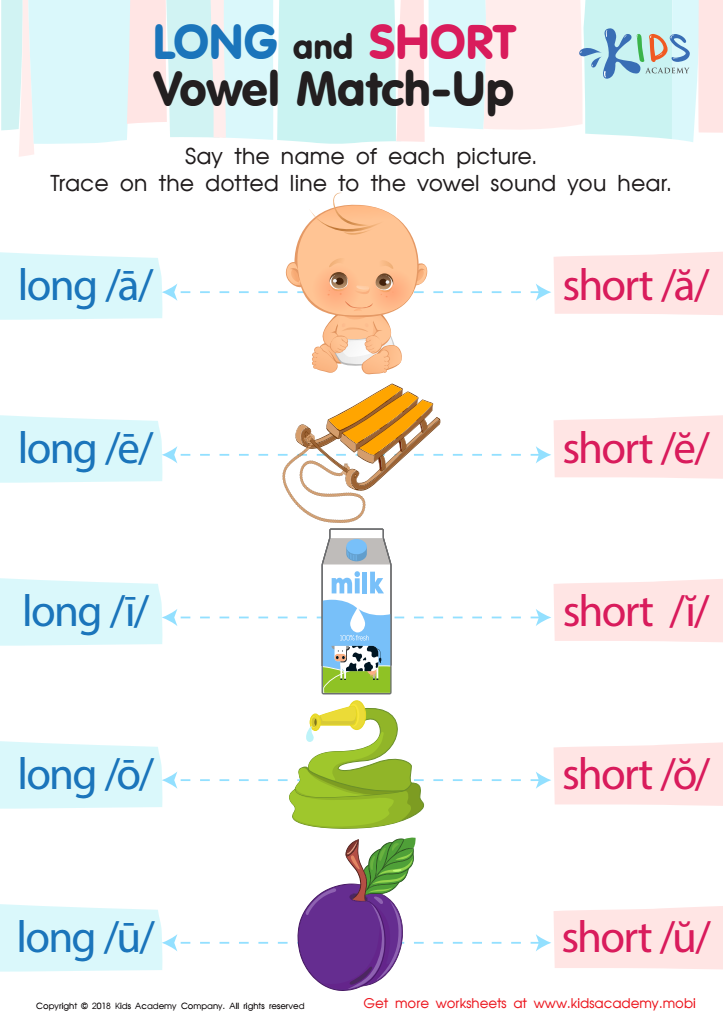

Long and Short Vowel Match up Reading Worksheet
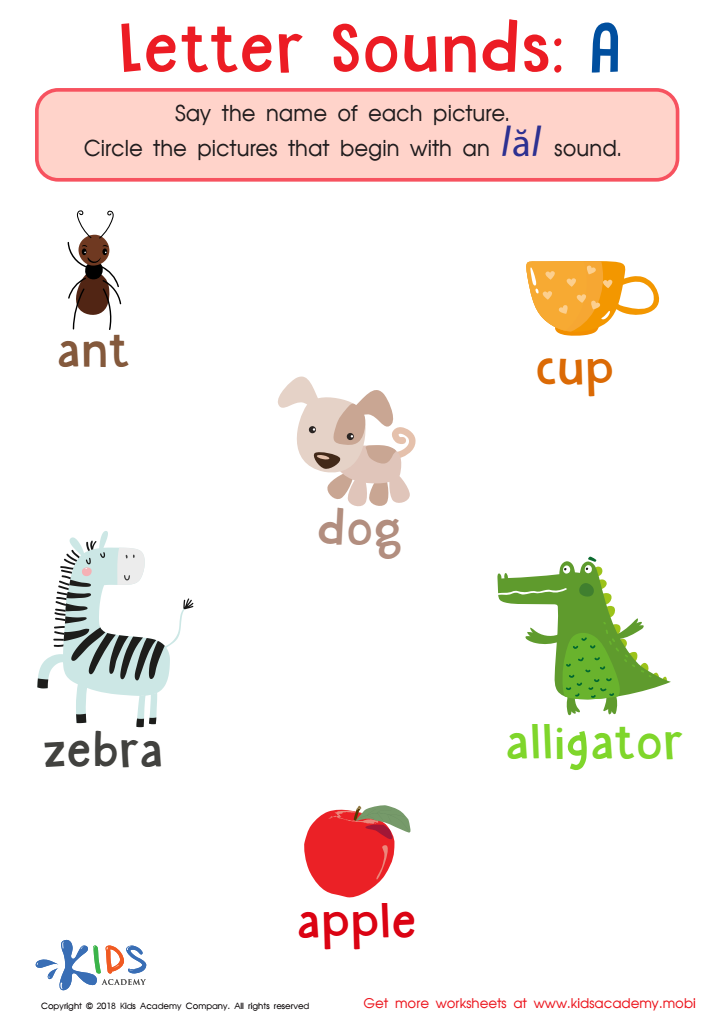

Letter A Sounds Worksheet
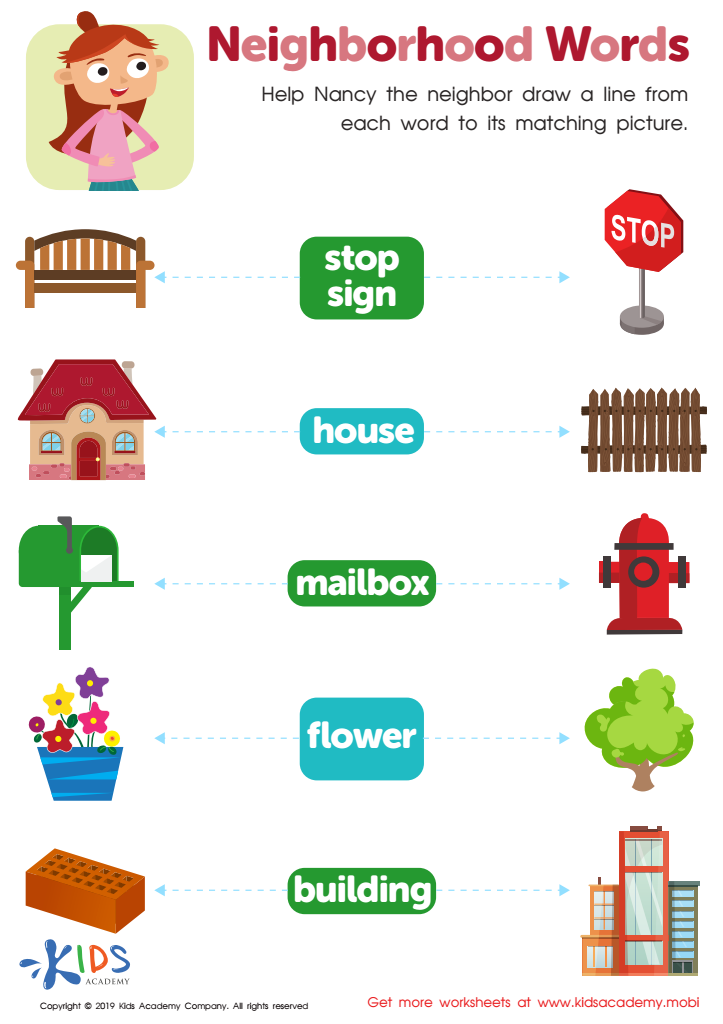

Neighborhood Words Worksheet


Twin Onset Worksheet
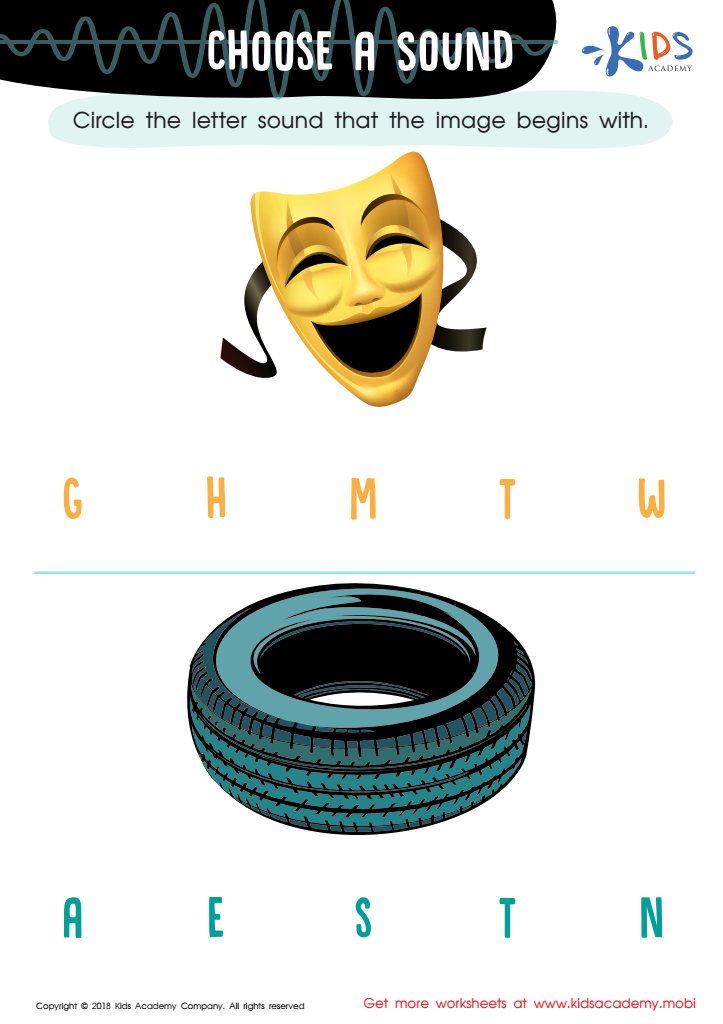

Choose a Sound Worksheet
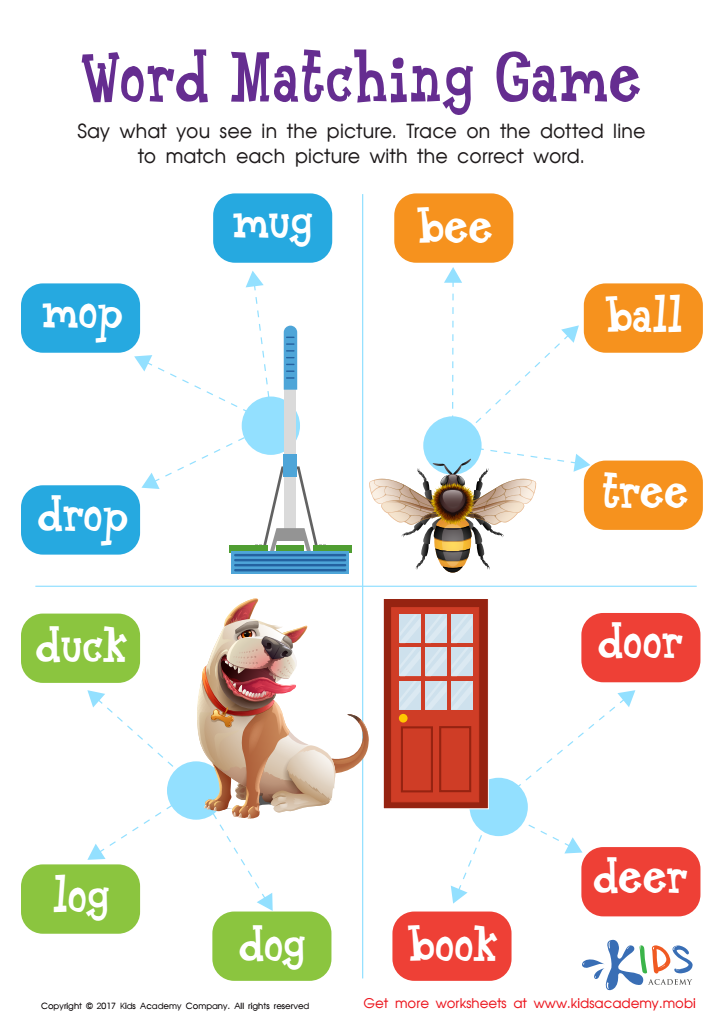

Word Matching Game Worksheet
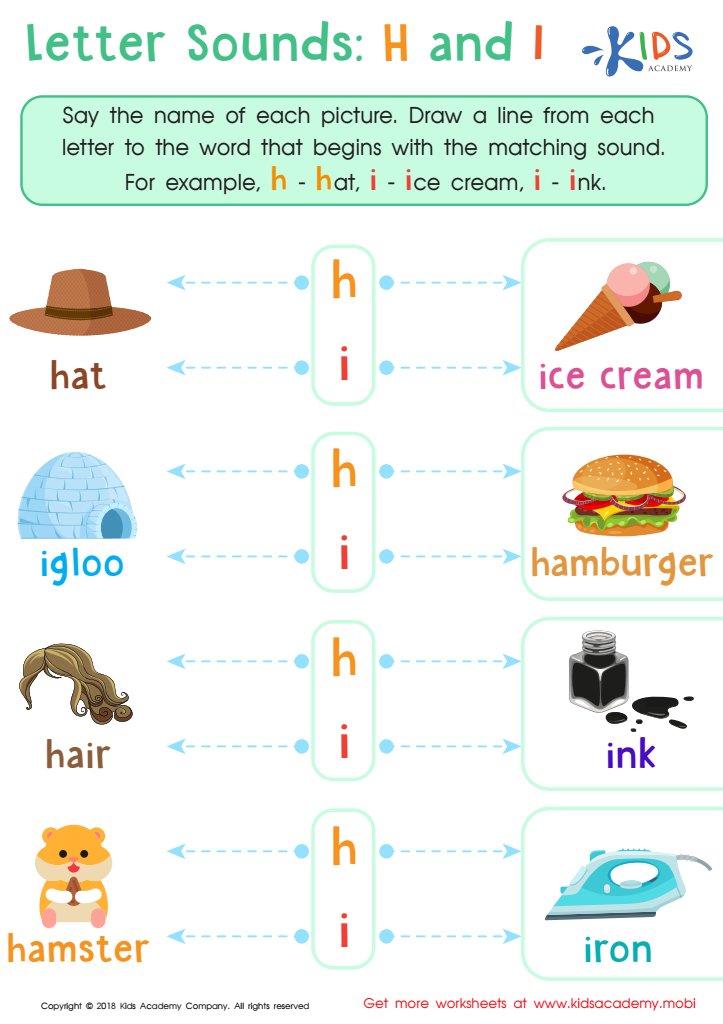

Letter H and I Sounds Worksheet
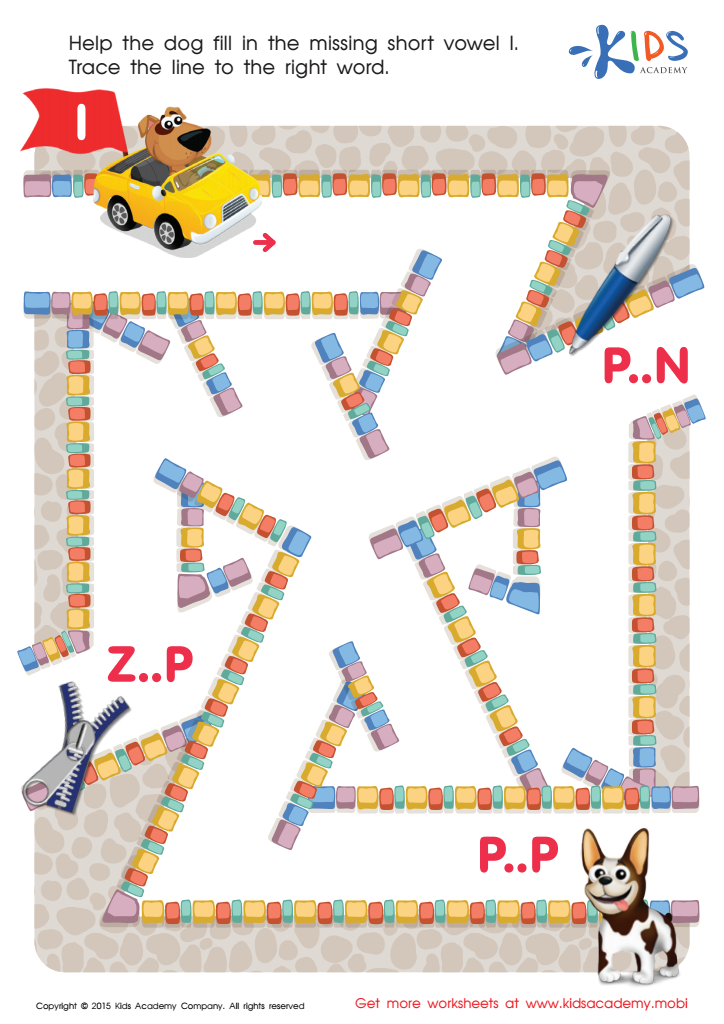

Short Vowel Sound I Worksheet
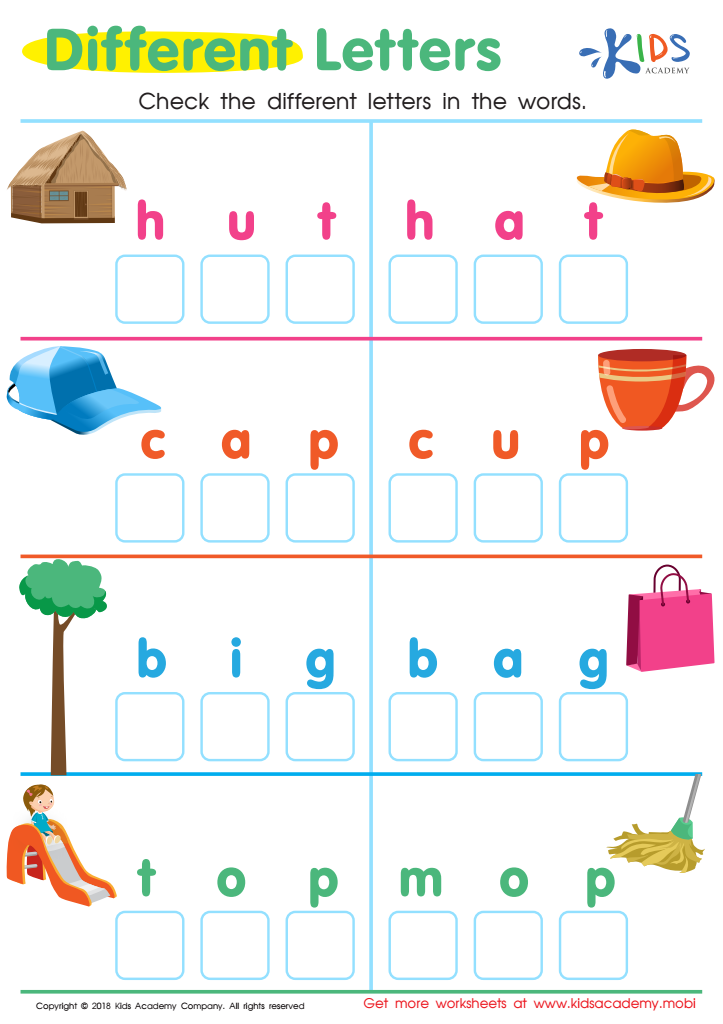

Different Letters Reading Worksheet
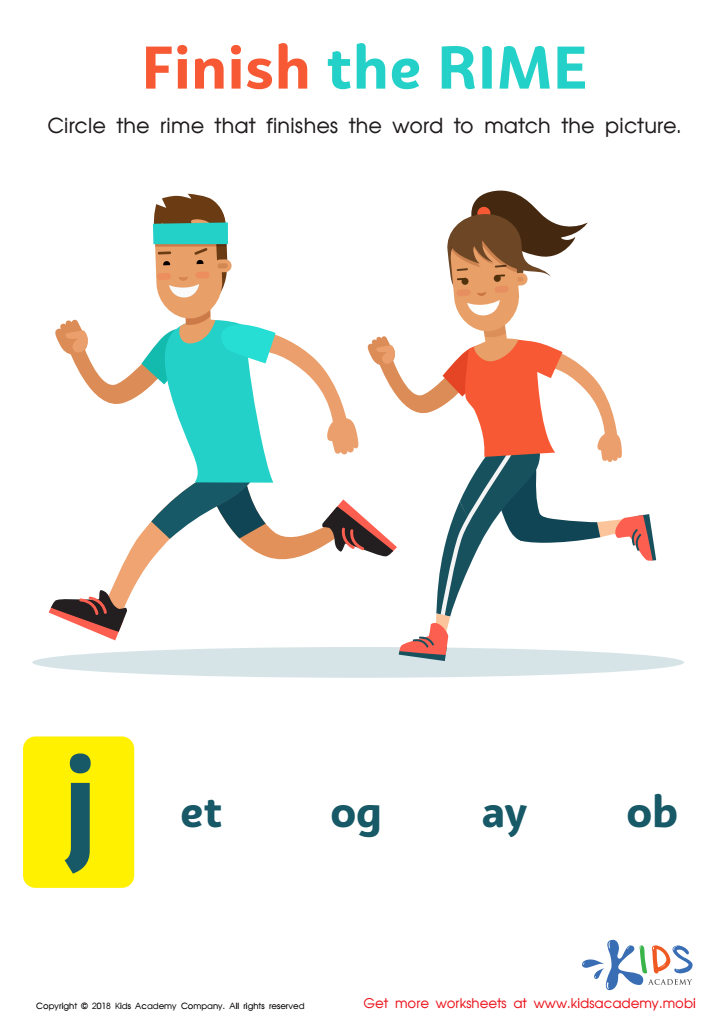

Finish the Rime Worksheet
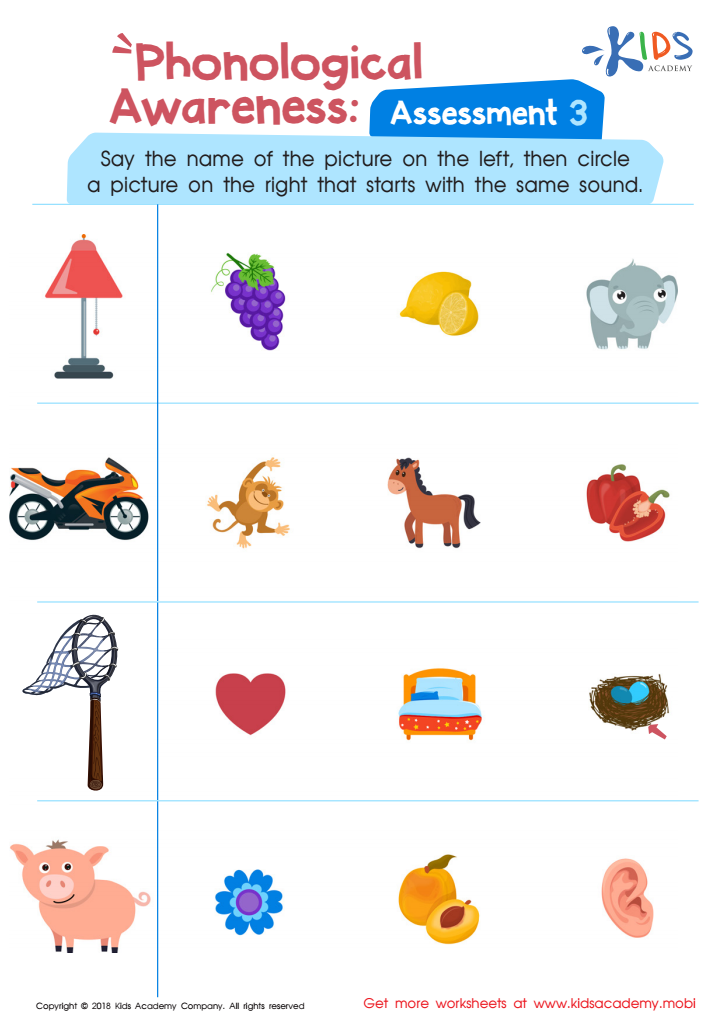

Phonological Awareness: Assessment 3 Worksheet


Words with sound f Reading Worksheet
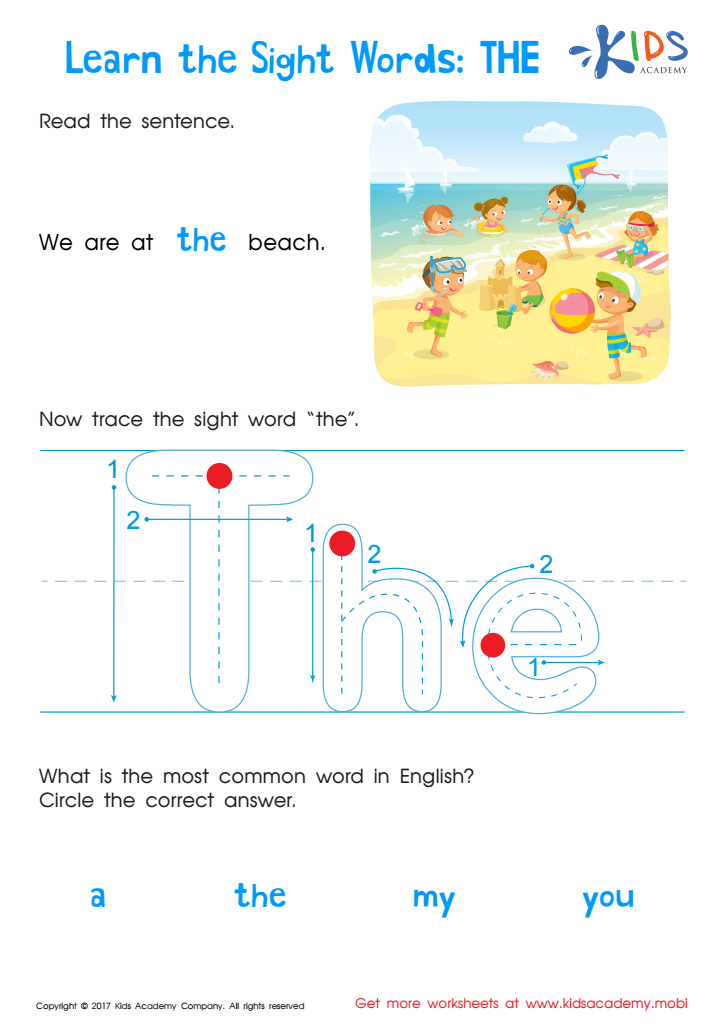

Sight Words: The Worksheet
Reading skills, particularly phonics, are crucial for children ages 3-4 as they lay the foundation for future literacy and language development. Engaging with phonics at this early age teaches children the relationship between letters and sounds, which is essential for decoding words. When children understand that letters correspond to specific sounds, they gain the ability to read simple words, ultimately fostering a sense of confidence and independence.
Additionally, early phonics instruction supports broader cognitive development. It enhances vocabulary, listening, and comprehension skills, important components of effective communication. It also cultivates a love for reading, transforming it into a joyful activity rather than a daunting task. When children experience success in phonics, they’re more likely to stay motivated and engaged with books.
Moreover, collaboration between parents and teachers in promoting phonics can create a consistent learning environment. Activities like reading aloud, playing sound games, and phonics-based songs can make learning fun and interactive. By investing in phonics early on, parents and teachers equip children with vital tools for academic success and a lifelong appreciation for literature, paving the way for their overall educational journey. Supporting these skills now can lead to remarkable improvements in their literacy capabilities in the future.
 Assign to My Students
Assign to My Students















